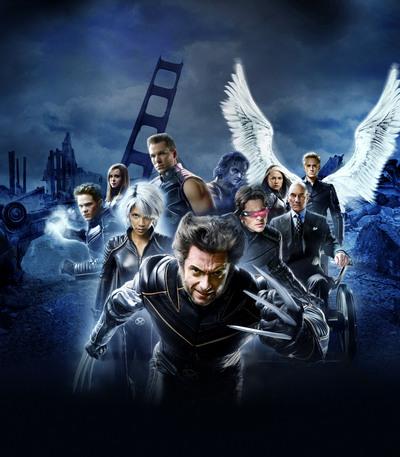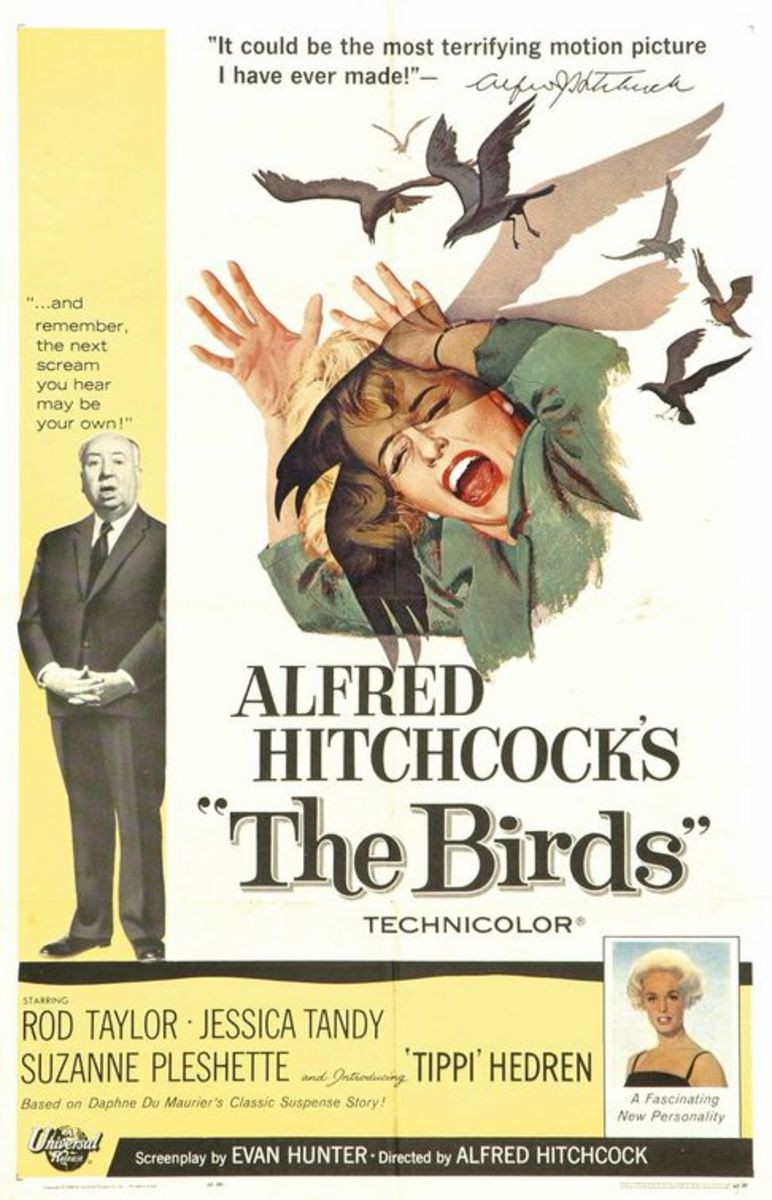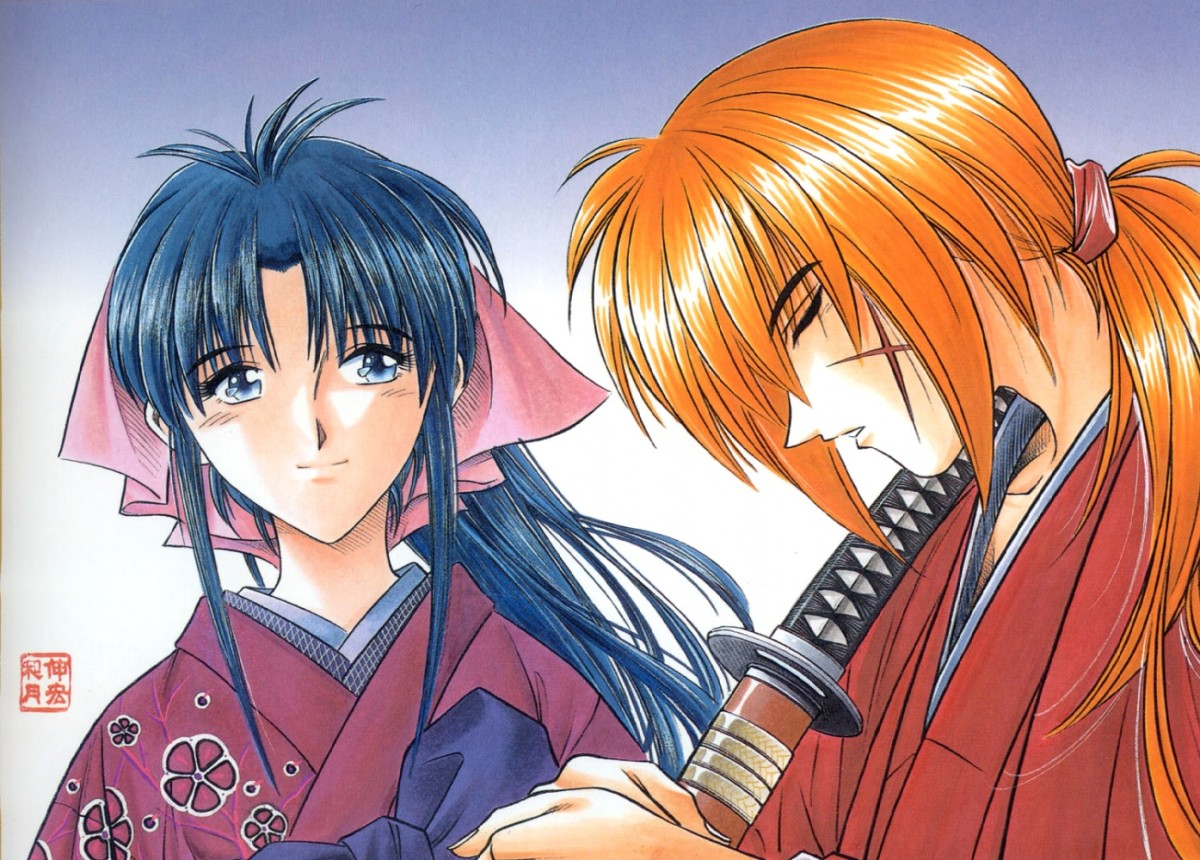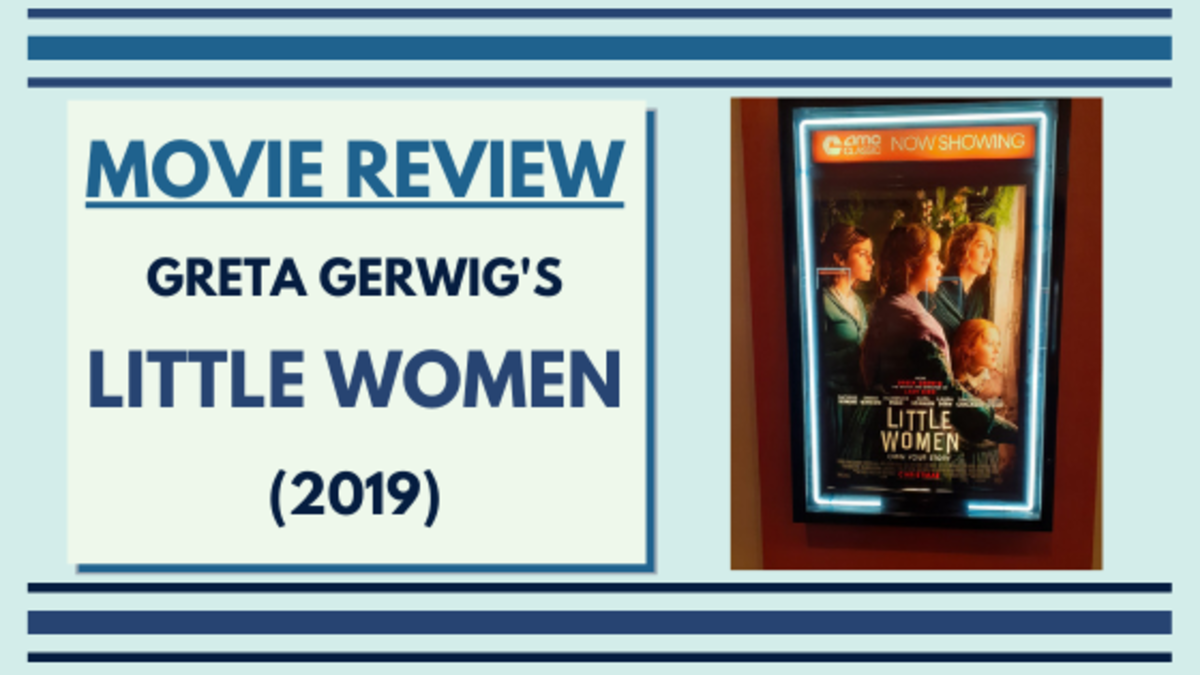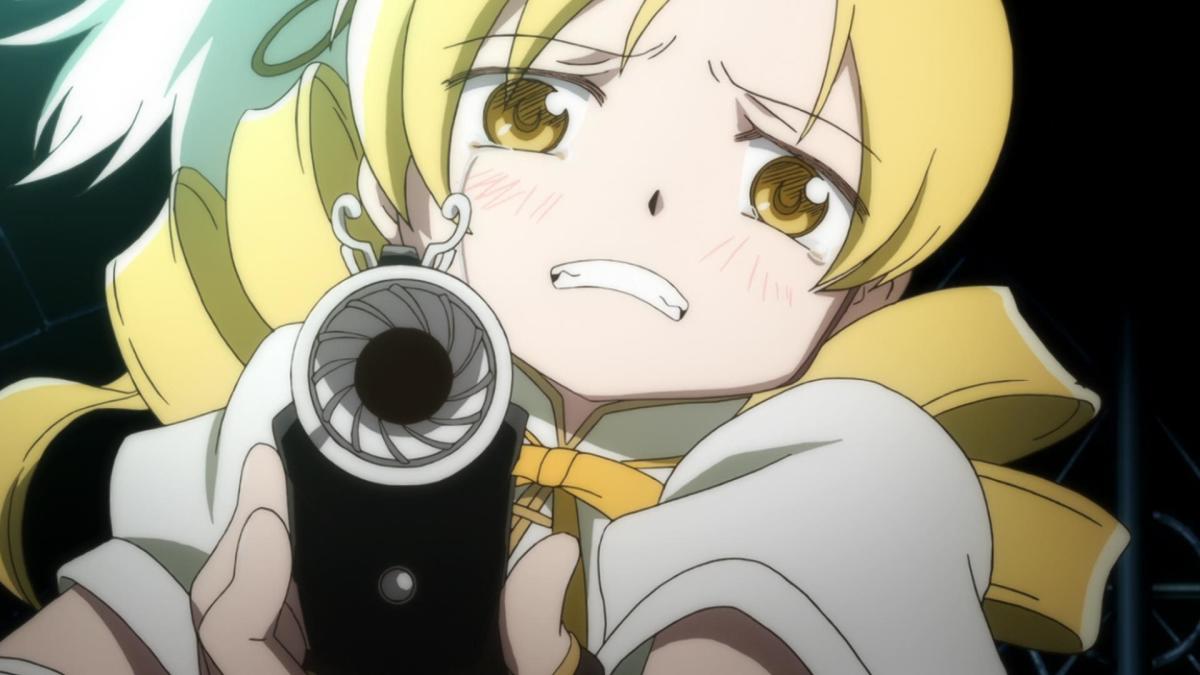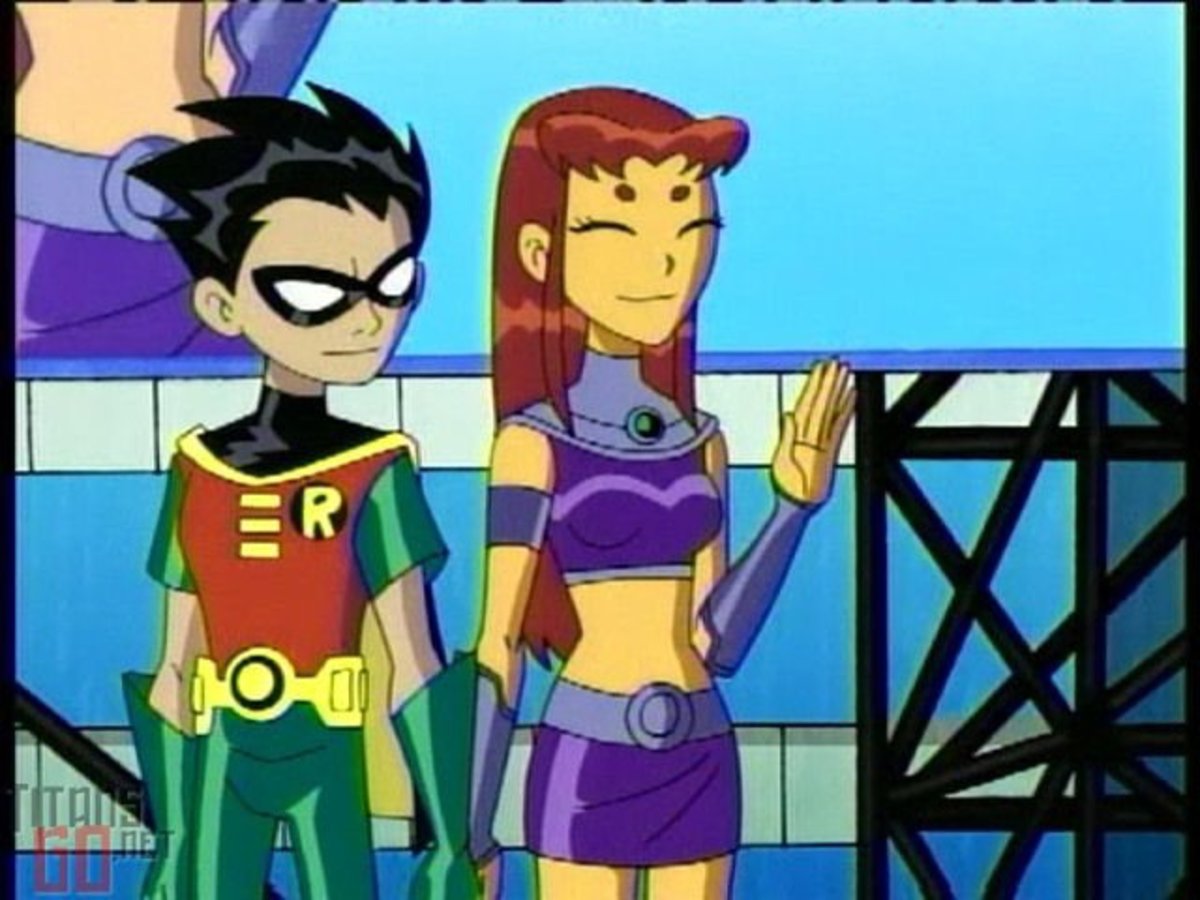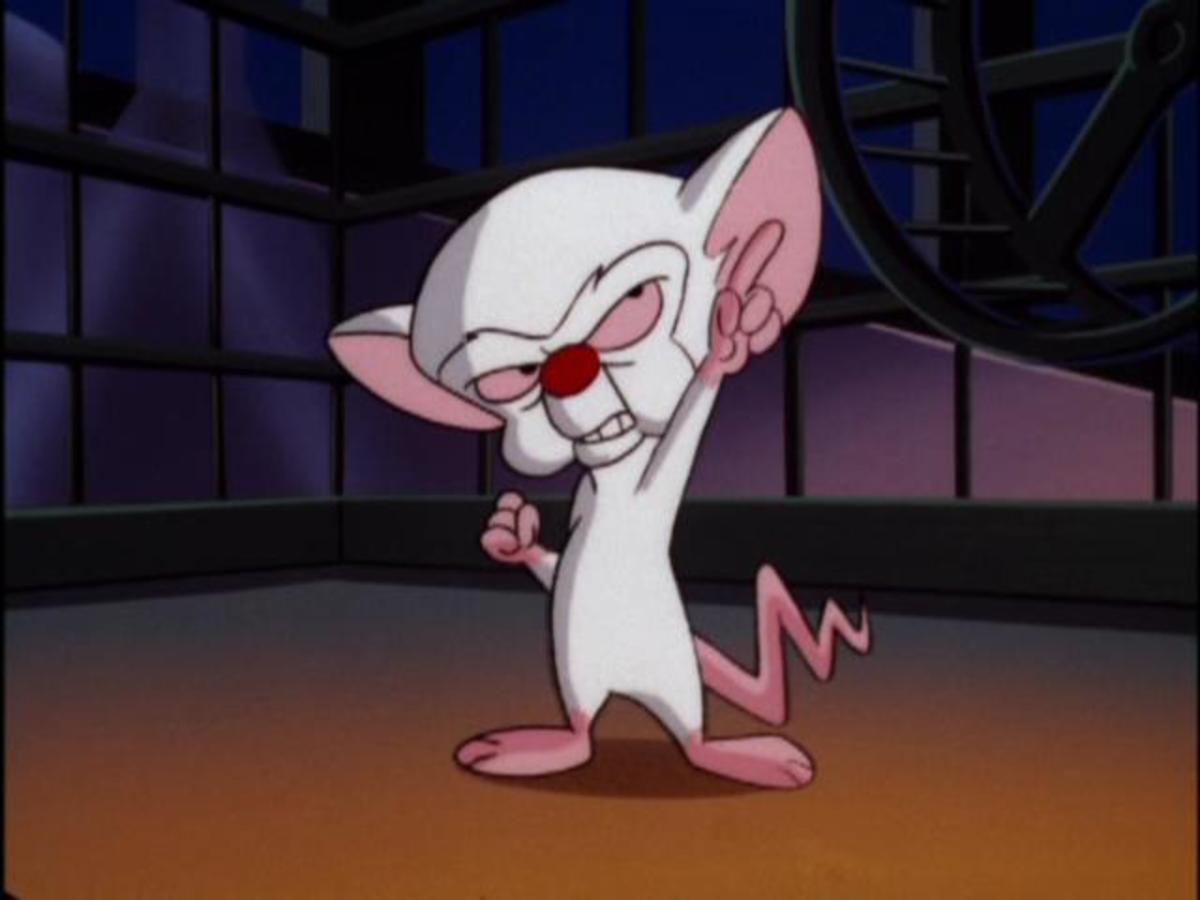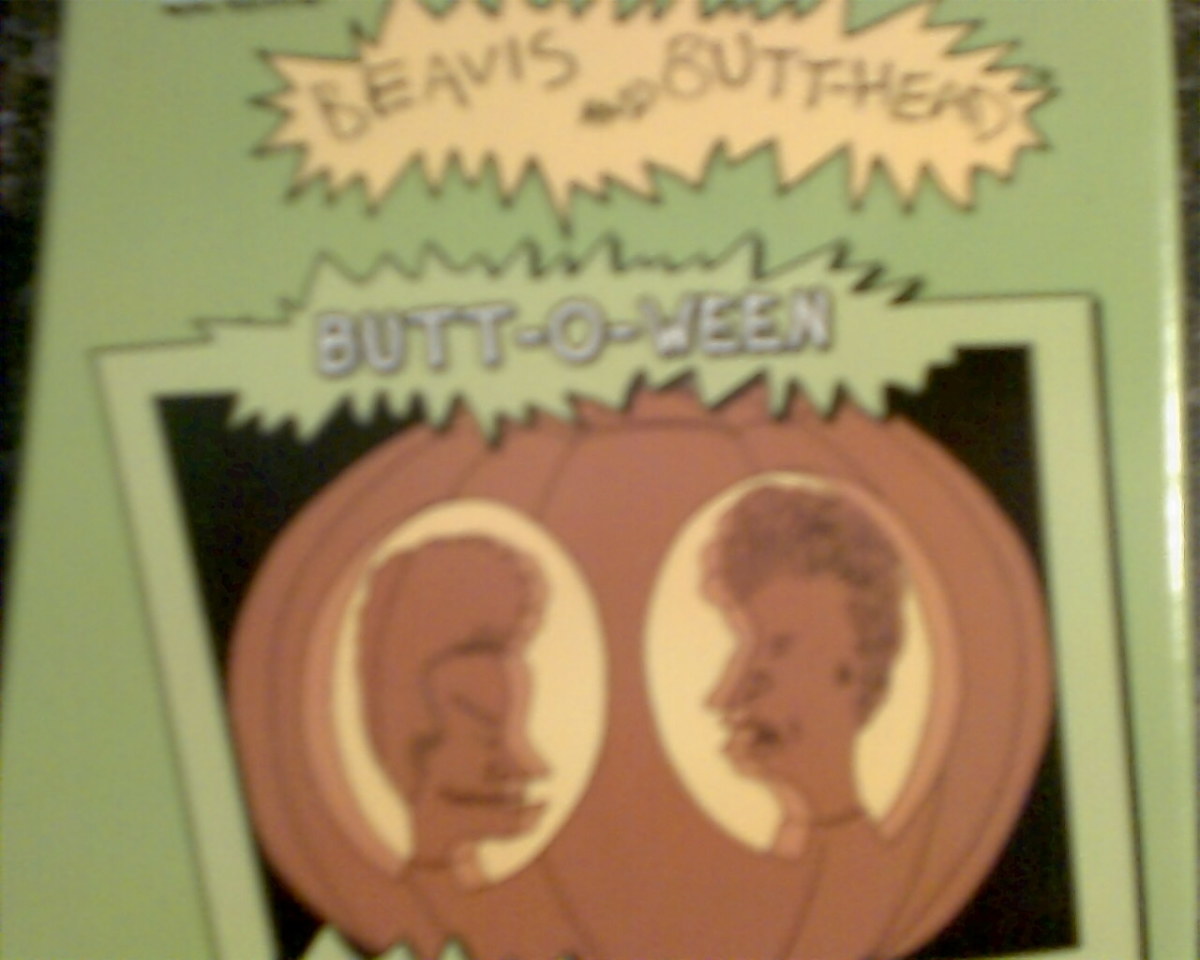DC's Possible Counter-Offensive
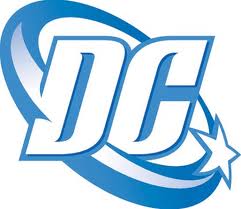
The Challenge
I think you can find as many comic book fans who want the entire biography of a character covered as those who don't. I'm in the "don't" category. Origin stories are as interesting as watching paint dry. For a very long time DC did not delve too deeply into the private lives of its characters -- and DC outsold Marvel two to one.
Gradually, as the comic fan base grew, it wanted more meat on the typical bare-bones comic character. Marvel's idea of making each of their titles into a soap opera appealed to the geek-boy audience. When DC followed suit, the publisher gradually eroded.

I think this was an avoidable mistake because not everyone is sitting on pins and needles to see whether or not Peter Parker can make it with Gwen or Mary Jane. If I wanted this kind of romantic dilemma in my comic, I'd have turned to DC's many romance titles (when they existed).
But, Marvel started to out-sell, so DC had no choice but to emulate them, and invent a plethora of personal problems that beset each of their headline characters.
A Bloody and Beaten Superman? What For?
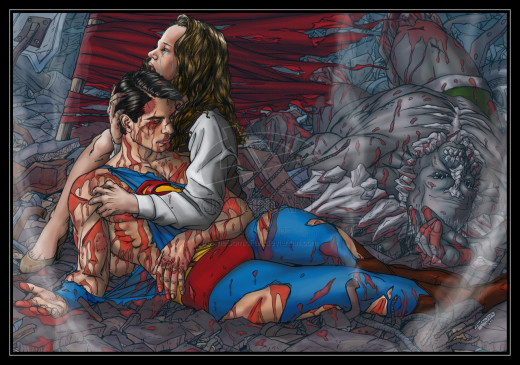
Thirty years ago, Superman would never have been "killed" by Doomsday. Such things just never happened, and the comics were better because of it.
Mr. Spock (from Star Trek) died on film but was resurrected in the next movie. The premise then was that the Genesis machine was responsible for bringing a dead world from lifelessness to full bloom.
Killing off one of your main characters helps beef up the sales figures (for a few months), but only at risk of the killed-off character seeming like a charlatan when he returns. If you can't figure out how to kill and resurrect a character, you may as well start writing Christian comics.
So, how about making our heroes spend about three minutes on their past/origin? Why not have a film propelled by stunning action rather than weepy scenes at the turn of the cards? I, for one, would love to see a big brawl rather than viewing wasted screen time with some girlfriend problems or inner-conflicts of any kind.
Look at the combat films from the late forties into the sixties. We never knew more than an outline of their character, but it didn't stop us rooting for our guys. Some might say this is shallow, puerile movie making. When I watch "The Longest Day," I don't see anything puerile in it. In a "Bridge Too Far," When I see Maximilian Schell handing an English-made chocolate bar to Anthony Hopkins, the emotional impact is far greater than spending wasted time depicting how the two men became what they ultimately were.
The audience has already received the "worst" of graphic violence in films like "Saving Private Ryan. The coastline along Omaha Beach ran red with blood.
I understand that a comic-based film must pass with a PG rating. No one yet wants to admit that these films are really being produced for adults. But, I think there is a distinguishable demarcation where violence in film is gratuitous vs. realistic.
Graphic Movies
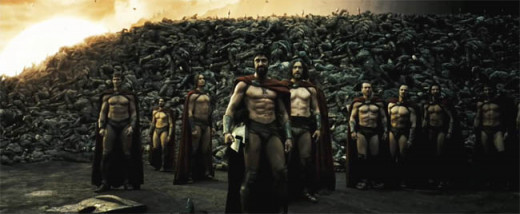

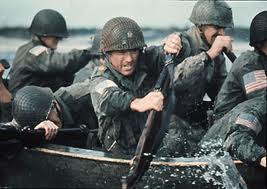
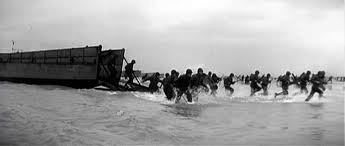
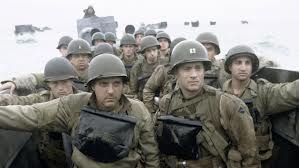
My favorite scene in "The Avengers" is when The Hulk is literally smashing Loki from one side of the floor to the other. There is something viscerally satisfying watching your hero pound the spaghetti out of an evil-doer.
Like the audience of ancient Rome's Colosseum, as an audience, we need not know much (if anything) about the gladiators who enter the ring. Since DC is coming from behind, they must find a formula of their own. My suggestion (as I've tried to outline) is to focus on high-octane action and skip all the weepy scenes.
Does this make us as decadent as the individuals who once filled the Colosseum? I think, yes (and no). I think that a modern audience is looking for authentic story telling -- not just the horrible reality of witnessing Christians being devoured by lions.
But, I've strayed too much from my original point, which is that a movie-going audience will accept an action-packed film in lieu of one that brings them back all the way into a hero's back-story.
You have to admit that the background of any comic book hero is repetitious at best -- something goes wrong in a lab (the Hulk, Spider-Man, the Ant Man), or you're a normal man who is struck by lightening (the Flash), you happen to be an alien that lands on Earth (Superman, the Martian Manhunter, Hawkman/Hawkgirl). You come from some 4th dimensional realm (e.g., Thor or Wonder Woman), your parents are gunned down in front of you (Batman), you're given a super-powerful weapon more or less by chance (Green Lantern). You're bombarded with cosmic radiation (the Fantastic Four), some kind of chemical destroys your eyesight yet somehow increases your other senses (Daredevil), and etc.
These are basically all derivations of the Jekyll and Hyde story premise, with the only difference being that the Hyde half is not on a blood lust.
And how many foes can we count that fit in to the laboratory experiment that goes wrong?
Then you have the X-Men who are simply born as mutants with extraordinary abilities. This one explanation saves the writer from having to come out with some derivation of the lab test that went wrong.
In short, I cannot see the harm of letting DC's set of heroes simply assemble and spare us the tedious origins of every member and to spare no rod on the enemy.
Wasn't it a Native American saying that stated a tribe is only as mighty as the foes it was able to defeat?
